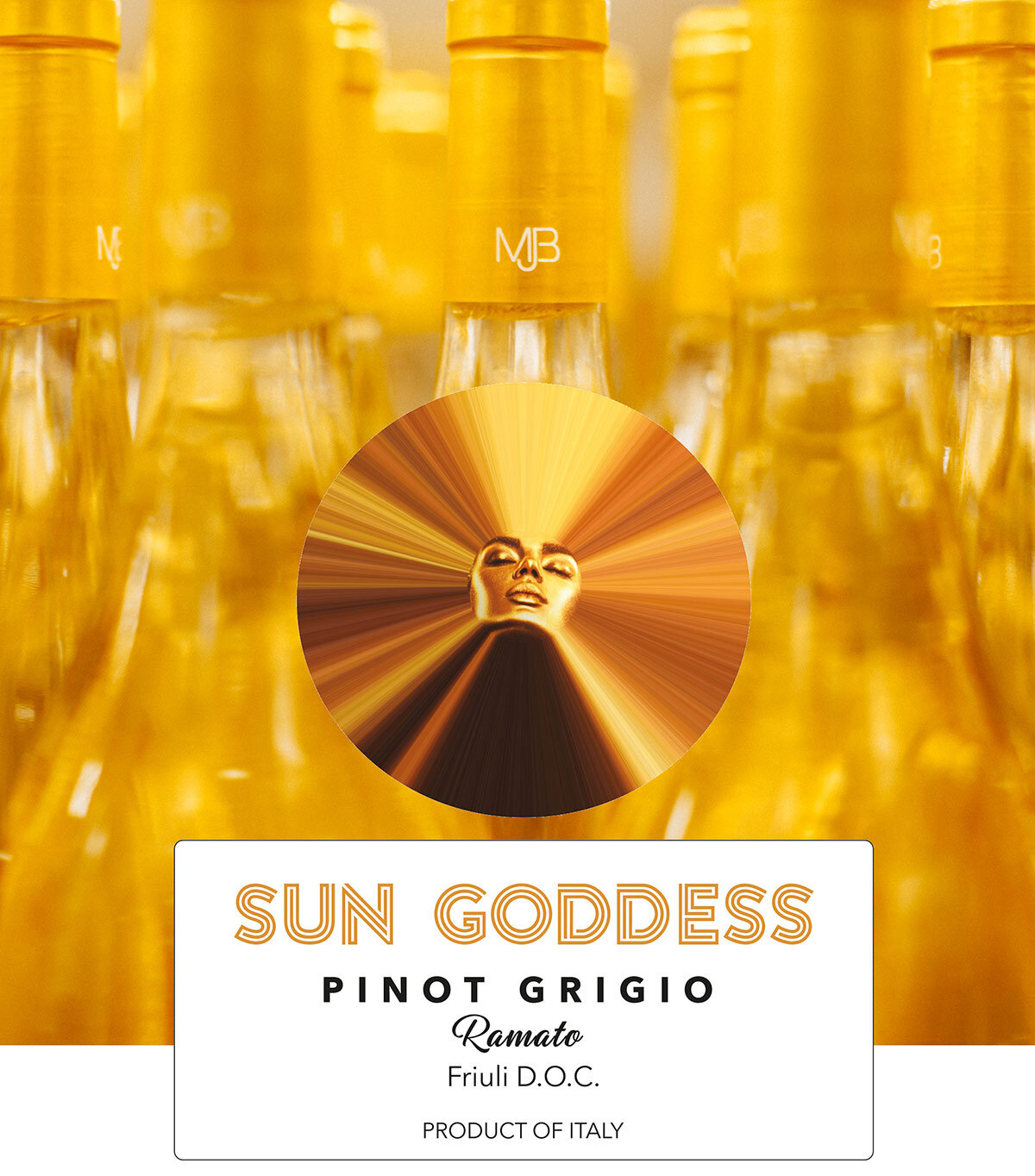“Definitions belong to the definers, not the defined.”
― Toni Morrison, Beloved
I can still remember where I was the first time I heard the song “911”, the stunning collaborative effort between artists Wyclef Jean and Mary J. Blige. It was 2000, and my thirty-six-year-old self was heading down California’s Hwy. 101, southbound to Los Angeles. I had just taken the Cochrane Road exit, near Gilroy – Garlic Capital of the World – to use the bathroom and get a snack at a gas station where I’d often stop because of its relatively clean bathroom. Achingly single at the time, a heavy loneliness permeated the air, despite its being a clear summer night. A full moon was flooding my moon roof when those first few guitar riffs, played by Jean, came on the radio. Thousands of songs populate a life. Maybe even tens of thousands. The most memorable land just at the right time, as if Fate herself had a hand in providing the truest melody and lyric to attend the wandering heart.
In the cinematic video accompanying the song (remember those?), Wyclef serenades Blige – first in his imagination, then as he boards a subway train, moving through an urban sea of neon and graffiti late one evening. Blige, sitting alone in her apartment, awaits his arrival. Finally standing beneath her window, the street lights casting long shadows against the pavement, Jean cries out, in Stanley-esque desperation, “Mary, Yo, Mary / If this is the kind of love that your mom used to warn you about / Man, we are in trouble / You're in real big trouble / If this is the kind of love that the old folks used to warn me about / I'm in trouble / I'm in real big trouble / You got anything to say, girl?” By the end of the song, they’re facing each other out in the middle of the street, throwing down in song, each character still in love, despairing, tormented by the irreconcilable nature of their mutual obsession.
It’s as relevant and powerful today as it was then, as is much of the music comprising Blige’s oeuvre – a body of work that has earned her quite literally hundreds of awards, including nine Grammys. As an actor, she was nominated for an Academy Award for her role as Florence Jackson in 2017’s Mudbound. Blige’s talents are undoubtedly enormous and oft-celebrated, but her greatest work of art yet may her own life, one that uncannily resonates with the everyman and everywoman, and cuts across many divides. We believe Blige the artist when she communicates, through her work, that she has known real struggle – a relatable, deeply human kind of suffering that only the most truth-telling artists can convey.
Born in the Bronx, New York in January of 1971, Blige spent the earlier part of her childhood in Savannah, Georgia. Later, the family returned to New York, residing in the Schlobohm Housing Projects of Yonkers. When her father left the family in the mid-1970s, Blige and her siblings subsisted on her mother’s salary as a nurse. When Blige was just five years old, she was molested by a family friend, and later, in school, endured years of sexual harassment from her peers. Eventually, Blige turned to alcohol and drugs, dropping out of high school in her junior year.
When I ask her why she seems drawn to art forms that are distinctly communal – music, acting, wine – the power of each potentially enhanced when experienced with others – she says, “For one, I think I was supposed to do everything that I’m doing. And because of so many trials and tribulations – just terrible things that have happened – I don’t think they happened for no reason. I think they happened to help someone else to heal. While you’re healing and you’re going through all your public things, whatever you’re dealing with, the world is watching you. It’s an art form to be able to stand and not just fall or die, to stay strong in front of the world, because I had to live my life in front of the world. Even as little girl, I had to stay strong when so many things were happening.” Blige frames her life’s purpose as being able to touch someone else’s life. “That’s the only way I know how to see it,” she says of her influence. “When you’re able to do that, and people can relate to it, it creates a conversation, maybe between a mother and her daughter: ‘If Mary can get through it then you can get through it.’”
Her Sun Goddess wine brand carries the nickname ascribed to Blige by her sister. “When I was a child, I just loved the sun. I would stay outside so long that my mother would yell at me to get in the house. When I got older, it was the same thing.” When traveling with her sister as grown-ups, Blige says, “we’d go to islands and I would hang out in the sun a little longer than her, and she’d say, ‘Look Sun Goddess, I can’t take this sun.’ She calls me that all the time. When it was time to name the wine, I just felt it was a no-brainer. The wine is relative to the sun; it changes the mood, it makes you smile. It gives you nice color in your skin. [The sun] makes you happy and wine makes you happy and it makes everything lighter so why not be the goddess of something like that?” Laughing, Blige eases into our chat. She’s sitting in a brightly lit, white room. Behind her, a wintry landscape, set against a blue sky, can be viewed through two large windows. A jade-green colored vase, filled with pink roses, sits in a corner and matches her blouse this morning, the green contrasting her long, blonde locks. Her face is framed in large, black glasses. A row of Sun Goddess wines on a windowsill behind her capture the sunlight.
Blige seems to thrive when collaborating creatively with others, and her partnership with Marco Fantinel and the Fantinel family is no different. The Fantinel family is a three-generation family of wine growers in Friuli Venezia Giulia (north-eastern Italy) who have been noteworthy growers and producers in the region since 1969. What surprised her most about this collaboration? “Just the labor of love it turned out to be,” she says. “The very first time I touched down in Friuli, Italy it was all about a celebration.” On that day the Fantinels were having a family celebration. “First, of course, we went right into tasting wines. That was fun.” They discussed what Blige wanted her wines to taste like; they would be collaborating on a sauvignon blanc and a rose of Pinot Grigio (ramato). After the tasting, Blige and the Fantinels headed up to the family home, arriving in the middle of a birthday celebration for one of the Fantinel daughters. “I got to know the family, I got to know his [Marco’s] wife, and they were just so warm; the Italians are so warm. And the property was breathtaking. It was like a dream or something like that. That’s the beauty of it.” Blige’s wines, now out in the marketplace and broadly distributed, are emblematic of the region; they are fresh, bone dry, possessing of good natural acid, and meant to accompany food. Still, Blige says, she imagined her sauvignon blanc and rose of Pinot Grigio would go well mostly with seafood and pasta. “It is a surprise to me that my wines do so well with meat, too. Even lamb and steaks.”
Blige enjoys her wines and speaks of them knowledgeably and with pride in her voice. Because of her past struggles with sobriety, I ask Blige if her meditation practice and her rituals of self-care have helped her to enjoy wine without it becoming problematic for her. “Absolutely,” she says, “because everything takes balance. And with meditation and prayer, and with going into the Self and taking responsibility for the Self, you start to learn how to love yourself, and when you start to love yourself, you don’t abuse things. You don’t want to be an alcoholic, you don’t want to wake up looking terrible. You want to go to your job on time or do a great interview without being hung over. So, yeah, meditation, prayer and centering yourself is extremely important because it shows you…You. It’s a mirror.”
Blige also finds great solace in the vineyards she visits at Fantinel. “It’s very peaceful. So quiet and still. The air is so fresh…so refreshing.” Blige contrasts her time in Friuli with sometimes having to be in the big city where pollution is so prevalent. “Where the vineyards are there’s just so much greenery. It’s really a breath of fresh air.”
When I first saw Blige’s wines for sale, I was pleased with the price point. They each retail for about $20.00 a bottle. I’m curious as to whether or not Blige was involved at all in the pricing of her wines. “Extremely,” she responds, “because a lot of my fans, and just people in general, don’t have the finances at a time like this, or even period, to enjoy wine. My fan base is, ‘Are we going to a concert, or are we buying a pair of shoes? Are we going to be able to afford a babysitter?’ I’m always thinking about how the everyday person is thinking. At the same time, they want to enjoy the luxury of a good wine. So price point is very important because I want everyone to enjoy a good bottle of wine. Rich, poor, don’t matter.”
Blige defers to Marco Fantinel, the President of the Fantinel Group, when discussing the making and blending of the wines. Fantinel was born in Udine, Italy in 1970, one year before Blige, and was educated in the United Kingdom at the European School of London, where he graduated in International Business Administration. While he oversees the vinification and completion of the wines, Blige steps in creatively to direct their flavor profile. They reflect what she likes most about each grape variety and varietal wine under the brand’s purview. “What I do is taste it. I say this is ‘yummy’ and they run with it,” Blige says confidently.
That Blige’s wines were released in 2020, during a pandemic, and are performing well in the wholesale market is a testament to Blige’s palate and the Fantinel Group’s understanding of their consumer base. Their success seems to have surprised Blige. “Just because I like something, I never think, ‘Everybody’s gonna love it.’ I always hope other people will like it.” But Blige was over the moon when she realized “people were buying Sun Goddess like crazy. I wanted it to bring people joy. And it was released during the summertime, so it brought even more sunlight into people’s homes. I’ve seen it in stores. Wally’s in LA has it stocked. Some of my friends will take pictures of it when they see it in stores, and that’s just a beautiful, beautiful feeling. I’m waiting on the day that I go to a restaurant and people have it on the table. That’s coming soon.” When I ask Blige what she would hope to overhear someone saying upon enjoying her wine for the first time, she says, without hesitation, “That it’s delicious. That they loved it.”






